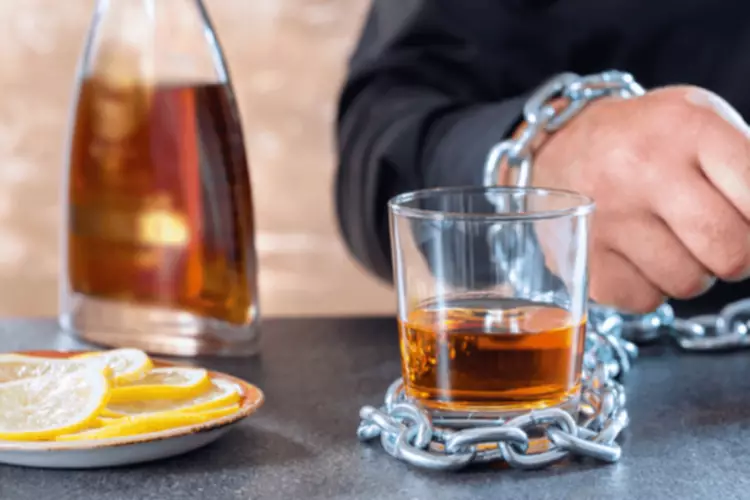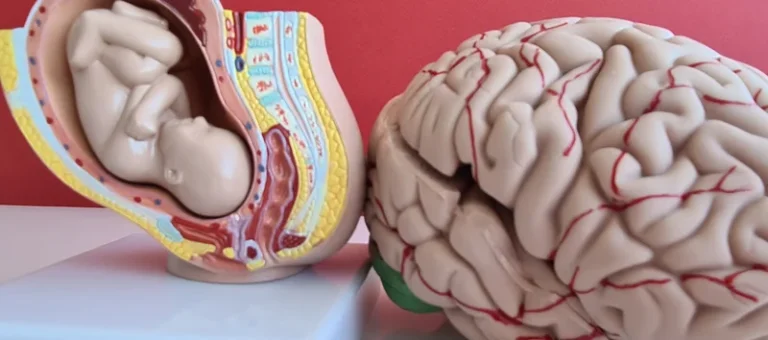
Each type of blood cell has a characteristic appearance that allows its identification in blood samples. Moreover, the proportion of the different cell types in the blood is relatively constant. Consequently, physicians can diagnose many blood disorders based on changes in the appearance or proportion of certain blood cells.
Effects & Risks of Drinking Alcohol
More contemporary studies have not found evidence of mitochondrial injury in biopsy samples from long-term alcohol drinkers (Miró et al. 2000). Differences among results from human studies may relate to small sample sizes, duration of drinking, and degree of myocardial dysfunction. In the Miró study, alcohol drinkers also had been receiving pharmacologic treatments such as beta-adrenergic blocking agents that reduce blood pressure and also may have antioxidant effects.
Long-Term Cardiovascular Health Concerns of Alcohol
- Erythritol is often used in keto diet products and others seeking to limit calories and carbohydrates.
- After consuming one drink containing erythritol, blood levels of that chemical increased a thousandfold, although blood sugar levels just slightly increased.
- Because erythritol levels were measured before and 30 minutes after consumption, “there is no way to demonstrate any lasting effect of excessive consumption on any health outcome,” Saunders said.
- Monocytes and macrophages clear invading microorganisms as well as foreign or defective proteins from the blood by engulfing and subsequently destroying them.
- People taking blood thinners are cautioned against drinking alcohol, but research has found that it is generally safe when done so infrequently and in moderation.
For example, compared with healthy people, alcoholics are less resistant to infections by microorganisms that normally are eradicated by monocytes and macrophages, such as the bacteria that cause tuberculosis and various forms of pneumonia. Similarly, studies of intoxicated laboratory animals demonstrated reduced elimination of bacteria by the monocyte-macrophage system. Thus, in alcoholic patients whose monocyte-dependent elimination of a defective form of albumin (a protein normally present in the blood) is reduced at admission to a hospital, monocyte function generally returns to normal within 1 week of abstinence from alcohol. Further studies indicate that alcohol impairs monocyte/macrophage function rather than production.
Study reveals zero calorie sweetener linked to blood clots and risk of heart disease
The device was calibrated and serviced 14 days before the study by authorized personnel. For measurement, the volunteer blew into the device with sufficient pressure, evenly and without interruption, until the device sounded a continuous tone. We used the results from Engström et al. to calculate the required sample size.
This result may be because of the increased age, which is a risk factor for VTE, as demonstrated by Oger in 2000.[19] Also the increased comorbidities, such as cancer and stroke, among elder patients could also moderate the incidence of AI. However, the risk of VTEs in women with AI remained higher than non-AI cohort. To reduced potential bias, we matched controls with propensity score, as showed in Table Table4.4. Increased autophagy as a possible mechanism underlying the adverse myocardial effects of ethanol is intriguing. This is especially true in light of the relationship between a sensor of stress (mTOR) and nutrient deprivation and how essential autophagy is to cell survival.

Alcohol’s Effects on Blood Pressure and Incident Hypertension
By shedding light on the immediate and long-term effects of alcohol on blood, we can better understand the implications of alcohol consumption on overall health and well-being. When a severe bacterial infection occurs, the body’s response usually includes an increase in the number of WBC’s—especially neutrophils—in the blood, a condition called leukocytosis. In contrast, alcoholics suffering from bacterial infections often exhibit a reduced number of neutrophils in the blood (i.e., neutropenia).

Should You Drink Alcohol While Taking Blood Thinners?
The different types of blood cells and their functions are adversely affected by alcohol in several ways. The NHIRD is a computerized database that contains the claims data of people insured by Taiwan’s National Health Insurance (NHI) program. Personal identification information in the NHIRD is scrambled before being released to protect the privacy of patients and healthcare providers. This study was approved by the Institutional Review Board of China Medical University (CMUH-104-REC2–115).
- De Lange et al. [10] reported inhibition of platelet adhesion to fibrinogen after intake of alcohol in alcopops (Barcardi Breezer) but not red wine (Rioja).
- Through a series of tightly regulated intermediary stages, these stem cells multiply, differentiate, and mature into hundreds of thousands of functional RBC’s, WBC’s, or platelets, which then can be released into the bloodstream (see figure).
- Alcohol also may affect the structural integrity of activated platelets by interfering with granule fusion, which results in changes in platelet shape (Stubbs and Rubin 1992).
- “Having a little aspartame, sucralose, saccharin, stevia, and allulose means that you’re not using the same pathways and are reducing your risk of side effects,” he says.
- Oxidative stress is an imbalance between production of free radicals and the body’s ability to detoxify or fight off their harmful effects through neutralization by antioxidants.
Alcohol and Stroke
Interestingly, the strength of this association was not consistent across different geographic regions. Alcohol use was protective against CHD for subjects in most countries, except for people of South Asian ethnicity living in South Asia (India, Bangladesh, Nepal, Pakistan, and Sri Lanka). INTERHEART results also suggested that the protective effect of any alcohol use against MI was greater in women and those over age 45. Finally, data from INTERHEART support the finding that the risk of MI is increased in the 24 hours after consumption of 6 or more drinks, suggesting that binge drinking increases MI risk (table 1).

It also changes their physical makeup, making them less sticky and therefore less able to stick together and form a clot. Occasional, moderate alcohol use should be safe for most people who are taking blood thinners. For example, people with liver problems may need to limit their alcohol use more strictly. Doctors does alcohol affect blood clotting and pharmacists can advise people whether they should avoid or limit their alcohol use while taking blood thinners. The safest way to avoid complications is to refrain from exceeding the recommended daily intake of alcohol. There are no specific warnings about consuming alcohol while taking other blood thinners.

